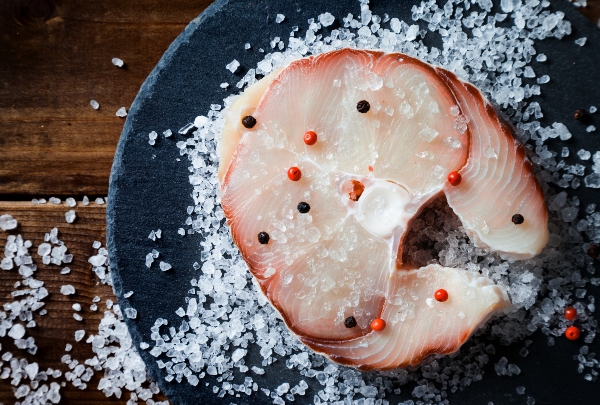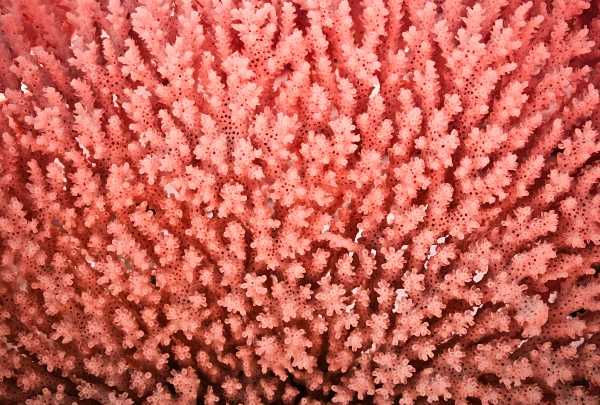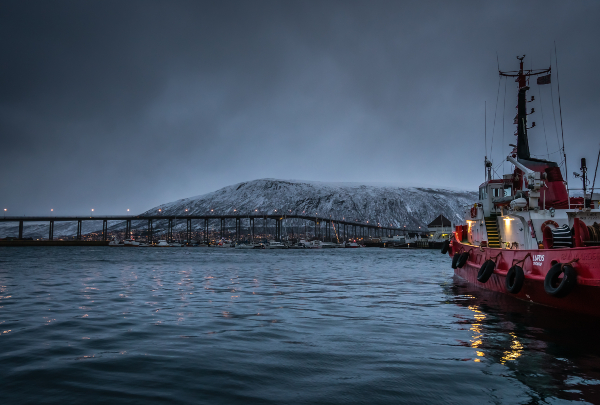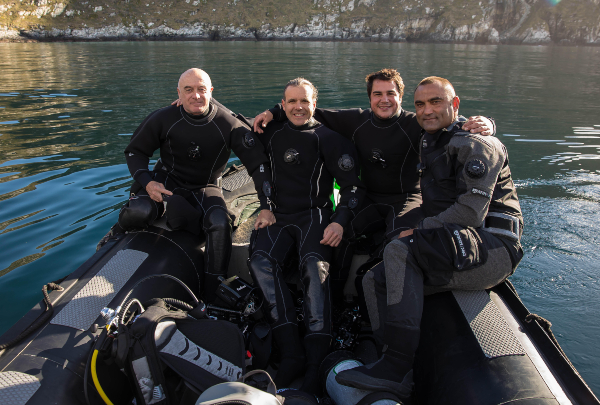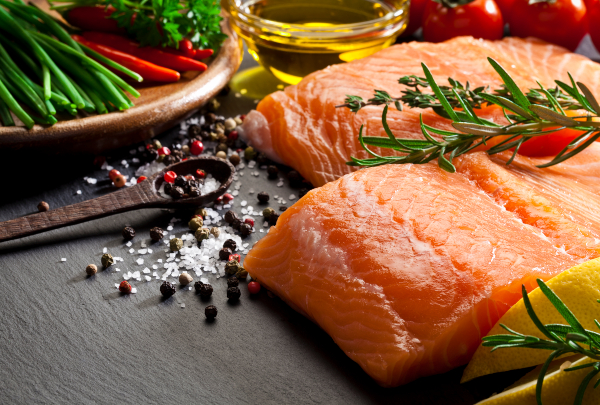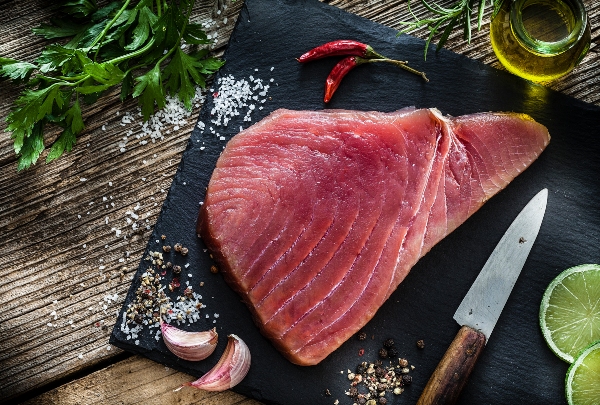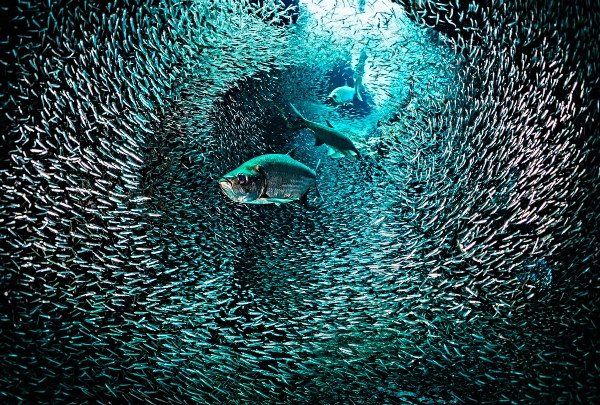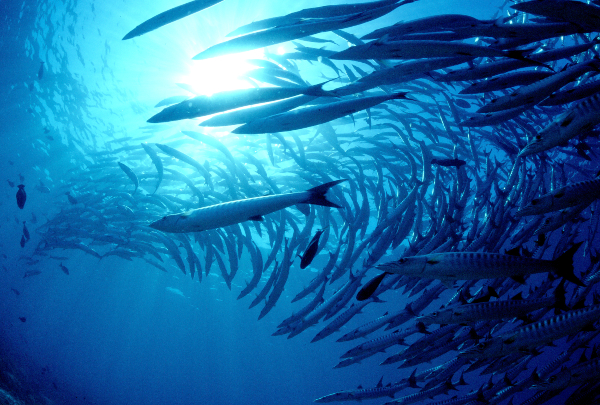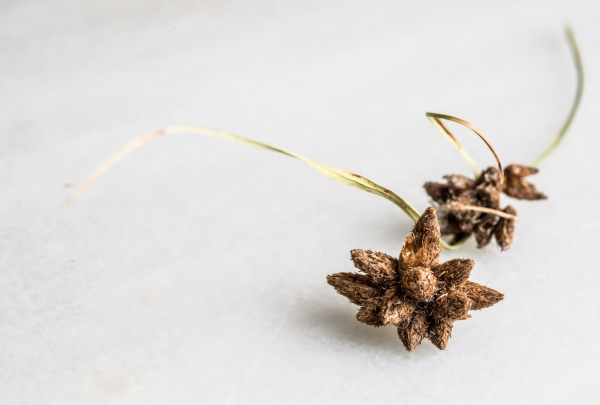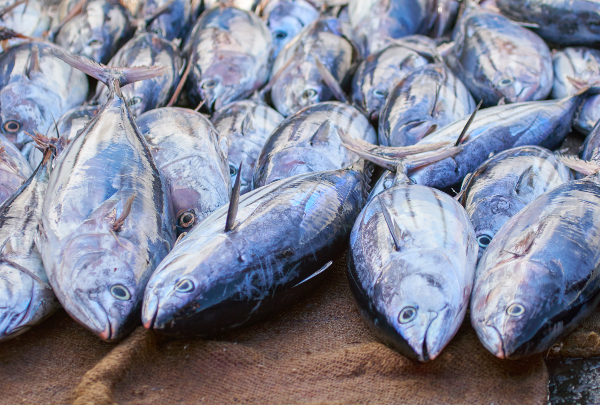News
Carlos Duarte: “The 21st century will be the time when humanity learned to produce food sustainably”
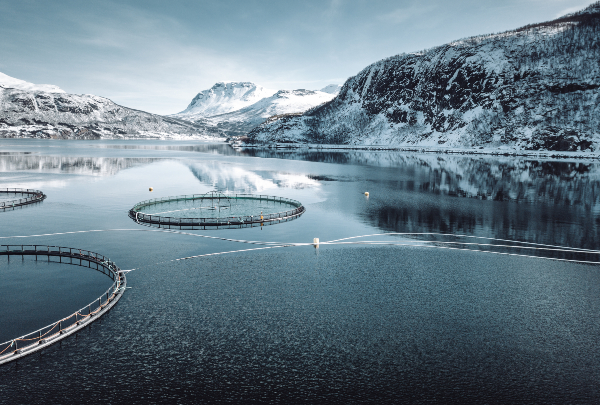
The planet is reaching its limit capacity to supply food for its growing population. Urgent action is needed, including shifting our consumption of land produce to produce of marine origin – managed in a sustainable manner.
Agriculture and stockbreeding can no longer grow because the freshwater they require is a limited resource and because other phenomena such as desertification further worsen the availability of water. We will run out of food because we are running out of water. How can this be, on the “Blue Planet” so called because of its oceans? The marine biologist Carlos Duarte explains this paradox: “we insist on using the water from the one fourth of the planet that’s dry – continents”. The answer, as these few days at Meeting of the Seas have been showing, lies in the oceans.
“In a not too distant future, one fourth of our food will have to come from the sea”. Duarte asserts that we can multiply today’s marine food production if we act fast and sustainably. The battle will be fought on several fronts.
In 1990, oceans’ capacity reached a breaking point in order to maintain fish stocks, but, Duarte says, if “we relax the pressure on fish stocks a little, their biomass can recover within 10 to 20 years”. The sea has an outstanding capacity to regenerate, as Spain has shown with the recovery of Cantabrian anchovies or in the wake of a moratorium on tuna fishing.
But the underlying issue, according to Duarte, is that while on land humans rapidly came to produce their own food, “in the sea, they continue to hunt and gather”. We cannot merely rely on capture fishery if we need to feed almost 10 billion people in 2050. This is where aquaculture comes into play.
Sea farms
“Every year, we ‘domesticate’ 10 new marine species” which means that “1 in every 1,000 marine species are now produced in captivity”. Aquaculture is relatively recent and still has a long way to go because “out of 3,000 marine organisms we’ve only ‘domesticated’ 15%”. We are about to exhaust land resources but the oceans can still supply more food.
Currently, “aquaculture accounts for 42% of all sea food” but the industry has to develop further because it has the capacity, if things are done properly, to produce up to 1.2 billion tonnes of food of marine origin by 2040 “as we’ve only used 1.4% of coastal oceans”. Duarte insists on the need to work sustainably and to eradicate current harmful practices from aquaculture: ”it doesn’t make sense to invest 20 billion tonnes of capture fish to make marine meal which is used to feed farmed fish and yields 5 million tonnes of aquaculture products”.
To improve yields and reduce its environmental impact, professor Duarte has a series of proposals – to create a sustainable aquaculture certification, to study where it is located in the ocean to limit its environmental impact, to produce enough plankton as a feedstock and lower its outputs’ trophic levels (breeding salmon, which eat other fish, is not the same as breeding abalones, which are herbivore).
Additionally, aquaculture has significant benefits. Its environmental footprint is lower than agriculture and, in some cases, it improves the quality of the waters it is carried out in as it reduces excess nitrogen and phosphorus.
Carlos Duarte asserts that the development of aquaculture is “an exceptional opportunity to learn conclusively to produce food in a sustainable manner”. It will be sustainable or it won’t be at all.
